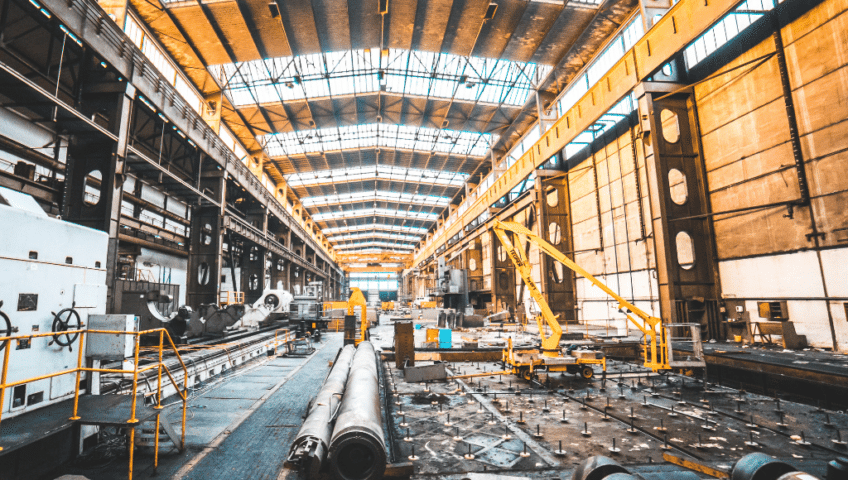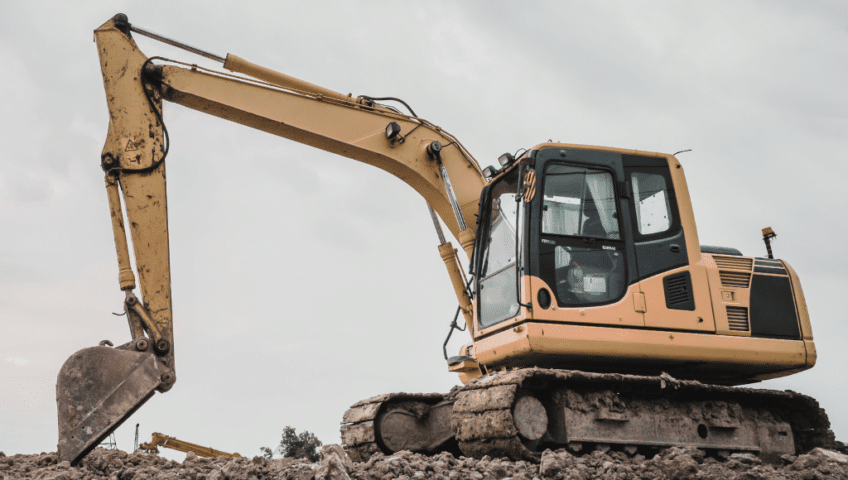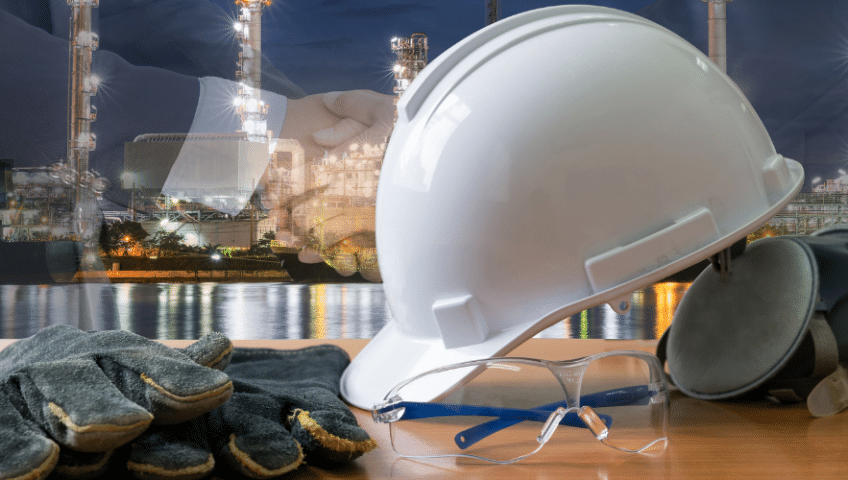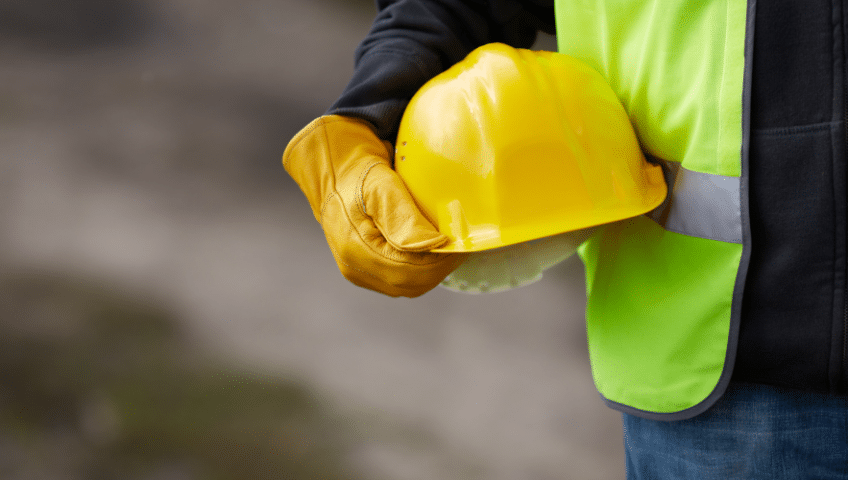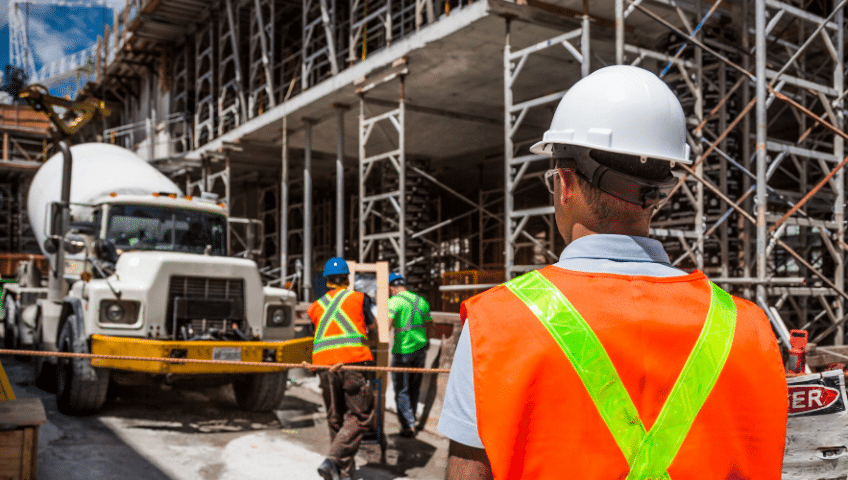As Pennsylvania's industrial and construction sectors flourish, with cities like Pittsburgh, Philadelphia, and Erie spearheading urban revitalization and infrastructure projects, safety compliance has never been more valuable. Companies operating in high-risk sectors, such as energy, manufacturing, and construction, should adopt proactive measures to safeguard employees, meet regulations, and maintain competitive operations. By leveraging tools like ISNetworld® (ISN® ) certification and focusing on tailored compliance strategies, Pennsylvania businesses can protect their workforce while growing sustainably.
Learn more about ISN World®

